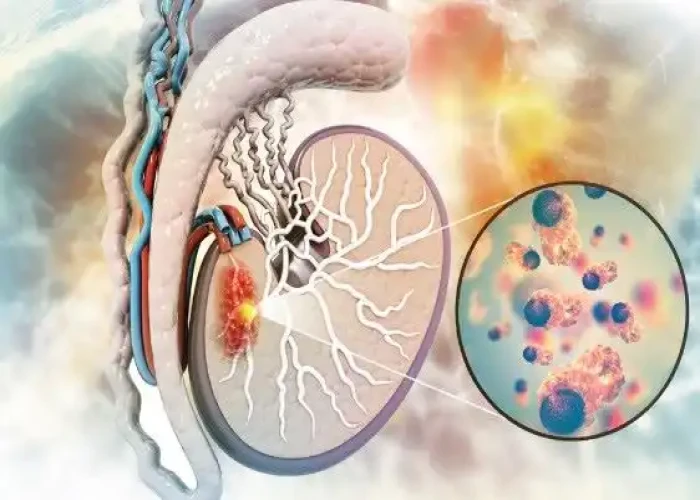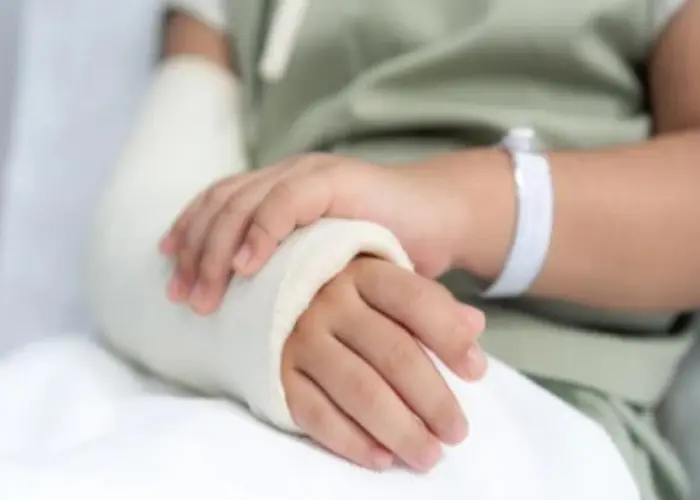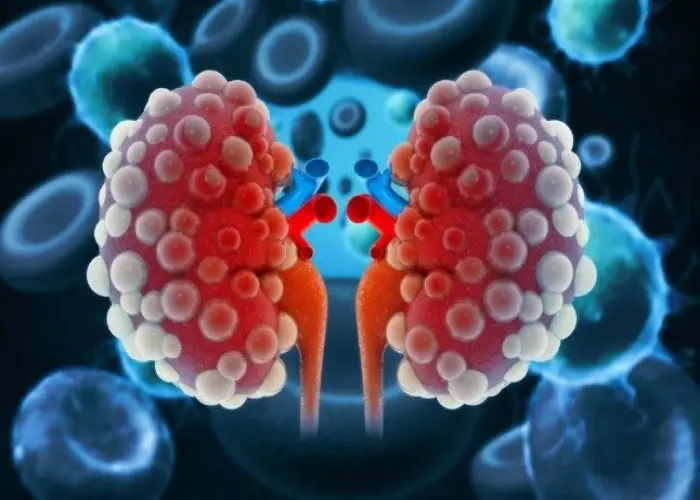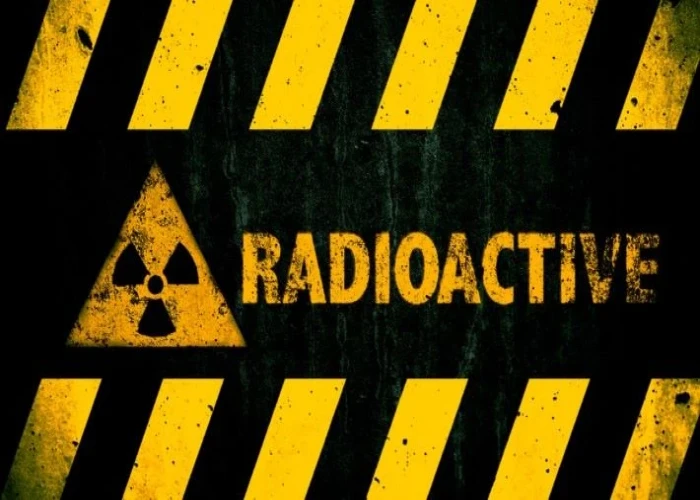 Welcome
Welcome
“May all be happy, may all be healed, may all be at peace and may no one ever suffer."
Testicular cancer

Testicular cancer is a type of cancer that begins in the testicles, which are the male reproductive organs that produce sperm and testosterone. Testicular cancer is relatively rare, accounting for only about 1% of all cancers in men.
The most common symptom of testicular cancer is a painless lump or swelling in one of the testicles. Other symptoms may include a feeling of heaviness or aching in the scrotum, a dull ache in the lower abdomen or groin, and breast growth or tenderness (due to hormonal changes). In some cases, testicular cancer may also cause back pain, coughing, or shortness of breath if the cancer has spread to other parts of the body.
The exact cause of testicular cancer is not known, but certain risk factors may increase the likelihood of developing the disease, such as a family history of testicular cancer, an undescended testicle, and a history of testicular cancer in the other testicle.
Treatment for testicular cancer typically involves surgery to remove the affected testicle, followed by radiation therapy or chemotherapy to kill any remaining cancer cells. In some cases, a healthcare provider may recommend surveillance (monitoring without treatment) for early-stage, low-risk cancers.
The prognosis for testicular cancer is generally good, especially when it is detected and treated early. Regular self-exams and healthcare provider exams are important for early detection and prompt treatment.
It is important to seek medical attention if you notice any changes in your testicles or experience any symptoms associated with testicular cancer. Early detection and treatment can improve the chances of a full recovery.
Research Papers
Disease Signs and Symptoms
- Testicle pain
- Testicle lump
- Swollen testicle
- Back pain
- Testicle cancer
- A lump or enlargement in either testicle
- A feeling of heaviness in the scrotum
- A dull ache in the abdomen or groin
- A sudden collection of fluid in the scrotum
Disease Causes
Testicular cancer
It's not clear what causes testicular cancer in most cases.
Doctors know that testicular cancer occurs when healthy cells in a testicle become altered. Healthy cells grow and divide in an orderly way to keep your body functioning normally. But sometimes some cells develop abnormalities, causing this growth to get out of control — these cancer cells continue dividing even when new cells aren't needed. The accumulating cells form a mass in the testicle.
Nearly all testicular cancers begin in the germ cells — the cells in the testicles that produce immature sperm. What causes germ cells to become abnormal and develop into cancer isn't known.
Disease Prevents
Testicular cancer
There's no way to prevent testicular cancer.
Some doctors recommend regular testicle self-examinations to identify testicular cancer at its earliest stage. But not all doctors agree. Discuss testicular self-examination with your doctor if you're unsure about whether it's right for you.
Disease Treatments
The options for treating your testicular cancer depend on several factors, including the type and stage of cancer, your overall health, and your own preferences.
Surgery
Explaining surgical options for testicular cancer
A Mayo Clinic urologist discusses surgical options for testicular cancer.
Operations used to treat testicular cancer include:
- Surgery to remove your testicle (radical inguinal orchiectomy) is the primary treatment for nearly all stages and types of testicular cancer. To remove your testicle, your surgeon makes an incision in your groin and extracts the entire testicle through the opening. A prosthetic, saline-filled testicle can be inserted if you choose. In cases of early-stage testicular cancer, surgical removal of the testicle may be the only treatment needed.
- Surgery to remove nearby lymph nodes (retroperitoneal lymph node dissection) is performed through an incision in your abdomen. Your surgeon takes care to avoid damaging nerves surrounding the lymph nodes, but in some cases harm to the nerves may be unavoidable. Damaged nerves can cause difficulty with ejaculation, but won't prevent you from having an erection.
If surgery is your only treatment for testicular cancer, your doctor will recommend a schedule of follow-up appointments. At these appointments — typically every few months for the first few years and then less frequently after that — you'll undergo blood tests, CT scans and other procedures to check for signs that your cancer has returned.
Radiation therapy
Radiation therapy uses high-powered energy beams, such as X-rays, to kill cancer cells. During radiation therapy, you're positioned on a table and a large machine moves around you, aiming the energy beams at precise points on your body.
Radiation therapy is a treatment option that's sometimes used in people who have the seminoma type of testicular cancer. Radiation therapy may be recommended after surgery to remove your testicle.
Side effects may include nausea and fatigue, as well as skin redness and irritation in your abdominal and groin areas. Radiation therapy is also likely to temporarily reduce sperm counts and may impact fertility in some men. Talk to your doctor about your options for preserving your sperm before beginning radiation therapy.
Chemotherapy
Chemotherapy treatment uses drugs to kill cancer cells. Chemotherapy drugs travel throughout your body to kill cancer cells that may have migrated from the original tumor.
Chemotherapy may be your only treatment, or it may be recommended before or after lymph node removal surgery.
Side effects of chemotherapy depend on the specific drugs being used. Ask your doctor what to expect. Common side effects include fatigue, nausea, hair loss and an increased risk of infection. There are medications and treatments available that reduce some of the side effects of chemotherapy.
Chemotherapy may also lead to infertility in some men, which can be permanent in some cases. Talk to your doctor about your options for preserving your sperm before beginning chemotherapy.
Disease Diagnoses
Disease Allopathic Generics
Disease Ayurvedic Generics
Disease Homeopathic Generics
Disease yoga
Testicular cancer and Learn More about Diseases

Broken arm

Glomerulonephritis

End-stage renal disease

Ascariasis

Persistent post-concussive symptoms (Post-concussion syndrome)

Corns and calluses

Bed-wetting

Radiation enteritis
testicular cancer, টেস্টিকুলার ক্যান্সার
To be happy, beautiful, healthy, wealthy, hale and long-lived stay with DM3S.
